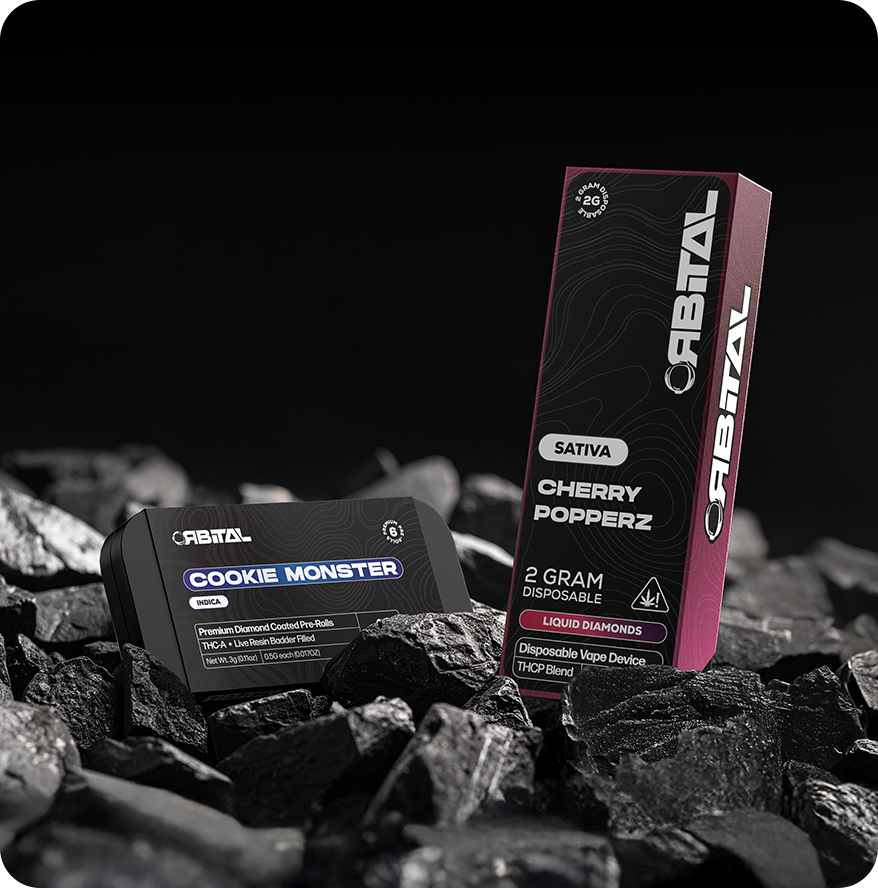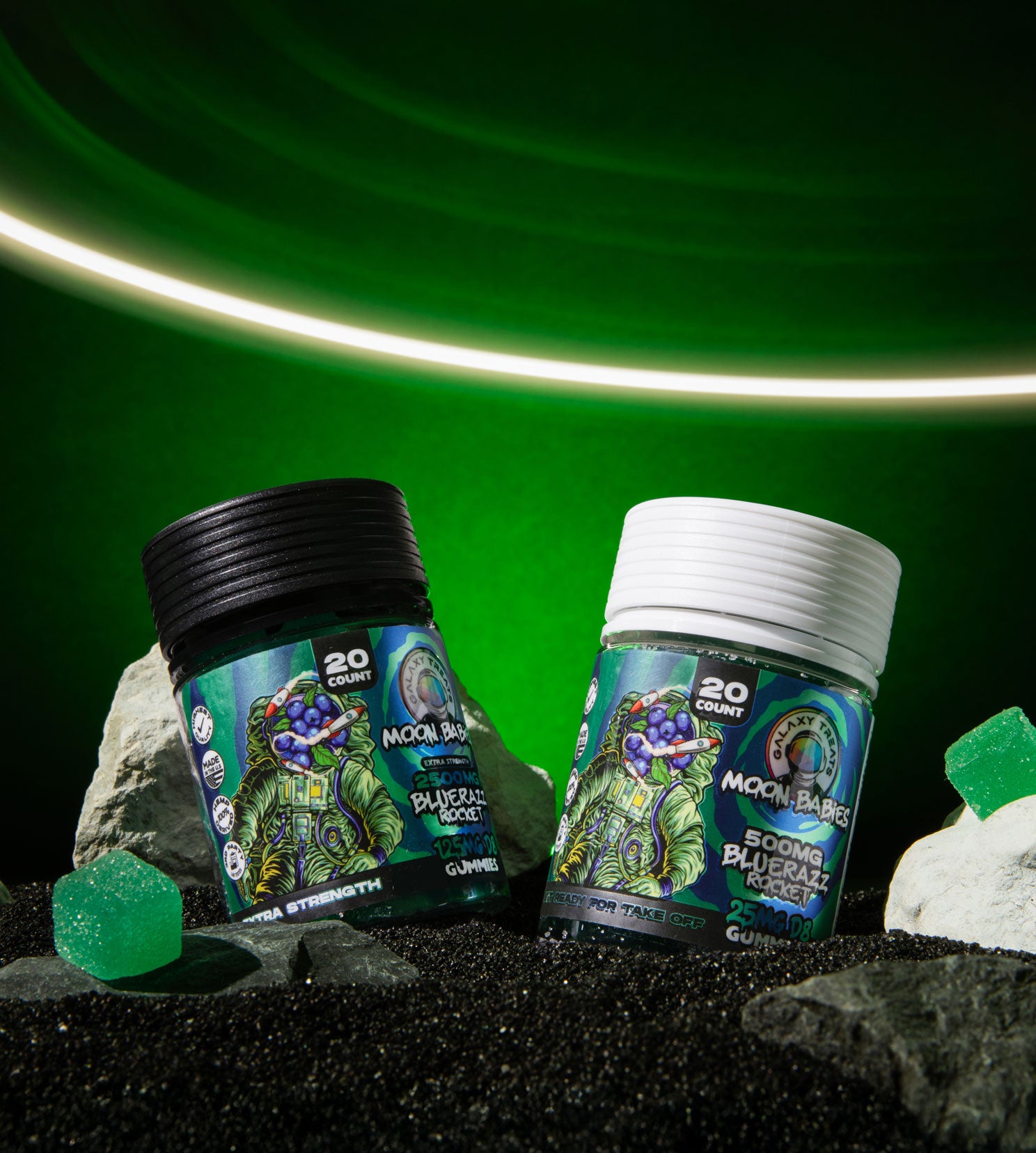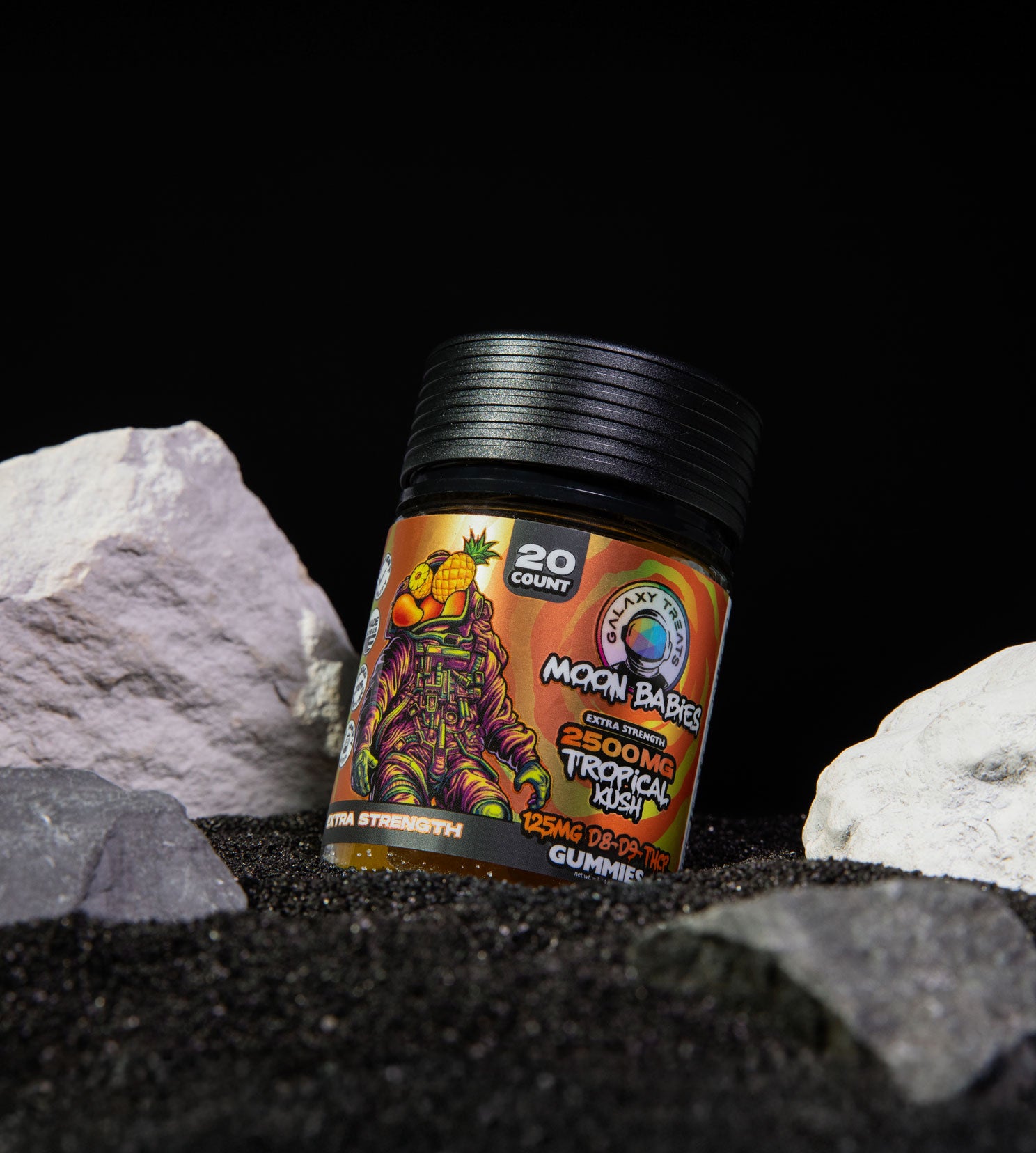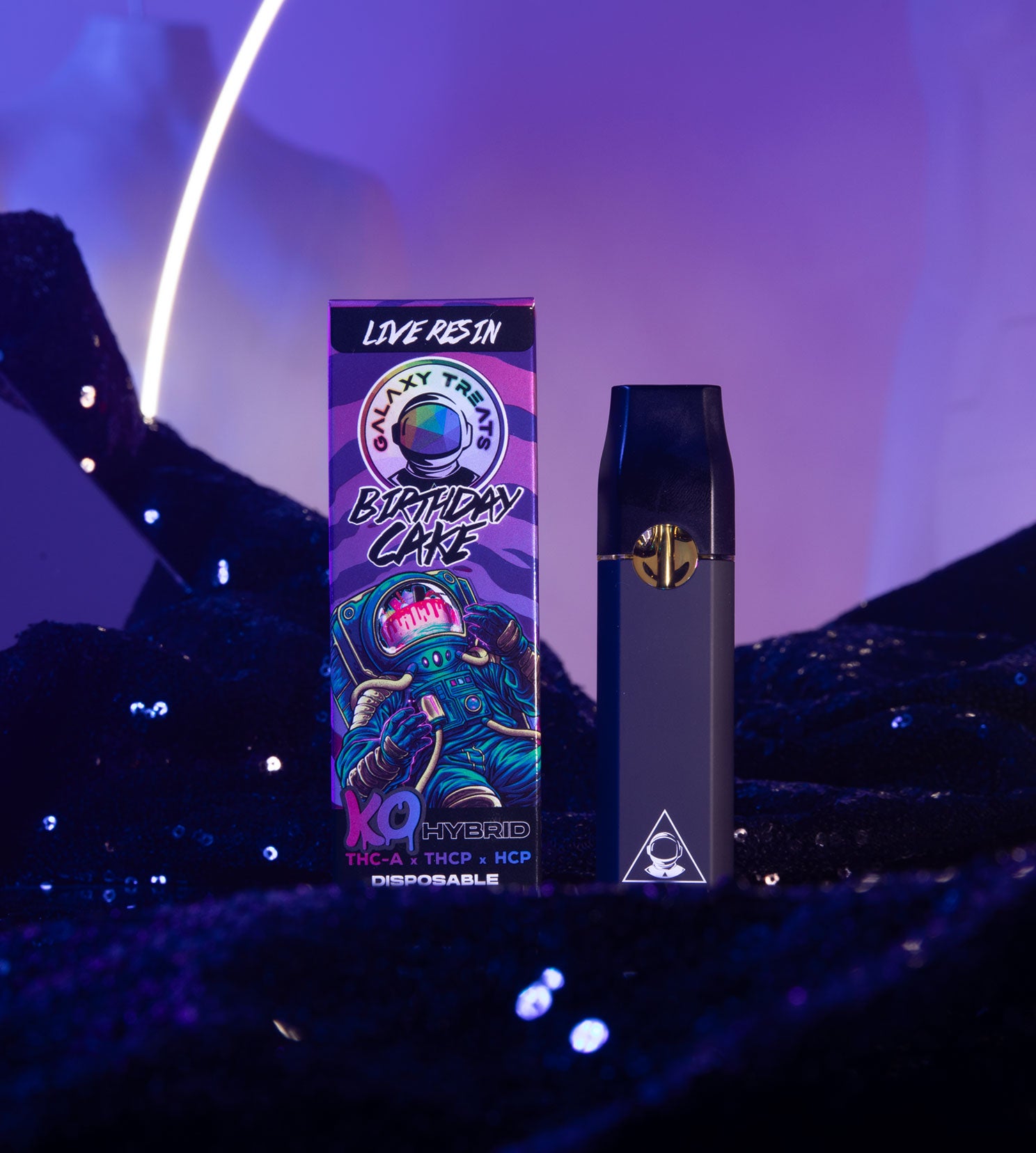Getting to know cannabinoids? If you've only ever explored CBD (cannabidiol), that's just a drop in the bucket when it comes to hemp-derived cannabinoids. Today, the market is saturated with a full list of interesting contenders, some more familiar than others. Three top cannabinoids from hemp that manufacturers are focusing on and consumers are excited about are HHC, delta 8 THC, and delta 9 THC.
Getting to know cannabinoids? If you've only ever explored CBD (cannabidiol), that's just a drop in the bucket when it comes to hemp-derived cannabinoids. Today, the market is saturated with a full list of interesting contenders, some more familiar than others. Three top cannabinoids from hemp that manufacturers are focusing on and consumers are excited about are HHC,
delta 8 THC, and
delta 9 THC.
Each of these cannabinoids bears similarities, right down to chemical structure and effects. However, HHC,
delta 8, and
delta 9 do offer different experiences. Check out the breakdown of differences and similarities between
delta 8 and
delta 9 THC and HHC.
HHC vs Delta 8 THC vs Delta 9 THC - A Closer Look
HHC,
delta 8, and
delta 9 THC have the same origins, for the most part. All three cannabinoids can be derived from all types of cannabis, including hemp, even though some can also be synthetically produced or synthesized from other cannabinoids. Every cannabinoid is made up of hydrogen, oxygen, and carbon. Nevertheless, how these elements are structured makes each cannabinoid unique. Here's a closer look.

What Is HHC?
When you pick up something like
Galaxy Treats Grapple HHC Gummies, what is it you're getting? HHC is
hexahydrocannabinol, which is a hydrogenated form of tetrahydrocannabinol (THC). Basically, this means that the HHC molecule contains hydrogen molecules that are missing from other forms of THC, but is still psychoactive like THC. While HHC can be found in cannabis, it is only in trace amounts, which makes it very difficult to isolate through extraction in large enough volumes to use for product creation. Therefore, most HHC products are made with a synthesized version of the cannabinoid that is made through the hydrogenation of either
delta 8 or
delta 9 THC.
What Is Delta 8 THC?
Delta 8 THC is a less-abundant psychoactive cannabinoid than
delta 9 THC, and both are found in hemp.
Delta 8 is actually an isomer of
delta 9, which means it contains the exact atom count, but those atoms are arranged ever-so-slightly differently.
Delta 8 THC is also found in trace amounts in plants from the cannabis plant. But the
delta 8 used in most consumer products, such as
Cosmic Cherry D8 Carts, is synthesized. This is done by using heat and pressure to convert CBD into
delta 8.

What Is Delta 9 THC?
Delta 9 THC is the primary psychoactive cannabinoid found in all types of cannabis, including hemp cultivars. At a molecular level,
delta 9 THC and
delta 8 THC look almost identical, but
delta 9 has a double carbon bond at a different placement than
delta 8. In cannabis (often referred to as marijuana)
delta 9 is highly abundant, but in hemp,
delta 9 is only present in small amounts.
HHC, Delta 8, and Delta 9 Potency & Effects Examined
HHC,
delta 8, and
delta 9 are all psychoactive cannabinoids. The only difference is the intensity of the effects.
Delta 9 is definitely the most intoxicating cannabinoid, while
delta 8 is considered to be about
half as potent as
delta 9.
HHC is also psychoactive, but its psychoactive nature differs from that of
delta 8 or
delta 9, and there has not been a lot of research into the cannabinoid's effects to make definitive claims.
Some claim that HHC gummies are more potent than
delta 8 gummies and less potent than
delta 9 gummies. However, anecdotal reports also claim that HHC is a different kind of euphoric experience, possibly delivering a
burst of energy. It should be noted that a lot of people prefer some of the less potent cannabinoids like
delta 8 or HHC because they can reap the benefits without feeling overly intoxicated.

Side Effects of HHC, Delta 8, and Delta 9
HHC,
delta 8, and deal 9 have intoxicating properties, which means psychoactive effects can be expected. However, all three cannabinoids can produce side effects beyond the desirable euphoria, and those side effects can be similar in nature.
Delta 9 users tend to report a higher instance of side effects, which is understandable since
delta 9 is the most potent of the three. The side effects that are possible with HHC,
delta 8, and
delta 9 include:
- Dry mouth
- Increased appetite
- Paranoia or anxiousness
- Increased pulse rate
- Bloodshot eyes
- Dizziness
Of course, higher doses of NY of the three cannabinoids will be most likely to lead to undesirable side effects. Therefore, it is important to be conservative when using products made with HHC,
delta 8, or
delta 9.

HHC vs Delta 8 THC vs Delta 9 THC - What About Legality?
The legality of
delta 8 THC,
delta 9 THC, and HHC can get a little complicated. The
Farm Bill that passed in 2018 made it clear that products made with hemp extracts that contained less than 0.3 percent
delta 9 were legal. This alludes to both
delta 8 and HHC being technically legal. With
delta 9 THC, products derived from hemp are still technically legal nationwide as long as they contain less than 0.3 percent by
dry weight volume. Nevertheless, some states are making their own rules about all three cannabinoids even though they can be derived from hemp.
Will Hemp-Derived HHC and THC Show Up on Drug Tests?
All three cannabinoids have the potential to show up on a drug test, even though you may come across users claiming HHC does not. This is because drug tests are designed to analyze for the presence of THC metabolites, or what is left behind once the body has processed THC.
Delta 8,
delta 9, and HHC are all closely related and similar, which essentially means they could all create the same metabolites. Therefore, failing a drug test is highly possible with any from the trio. For more information, check out this in-depth article on the topic:
Does HHC Show Up on a Drug Test

Discover HHC, Delta 8, and Delta 9 from Hemp at Galaxy Treats
All in all, HHC,
delta 8, and
delta 9 are all fascinating cannabinoids. Ready to explore the world of hemp-derived psychoactive cannabinoids? Be sure to check out the
full collection of vapes and gummies at Galaxy Treats.














